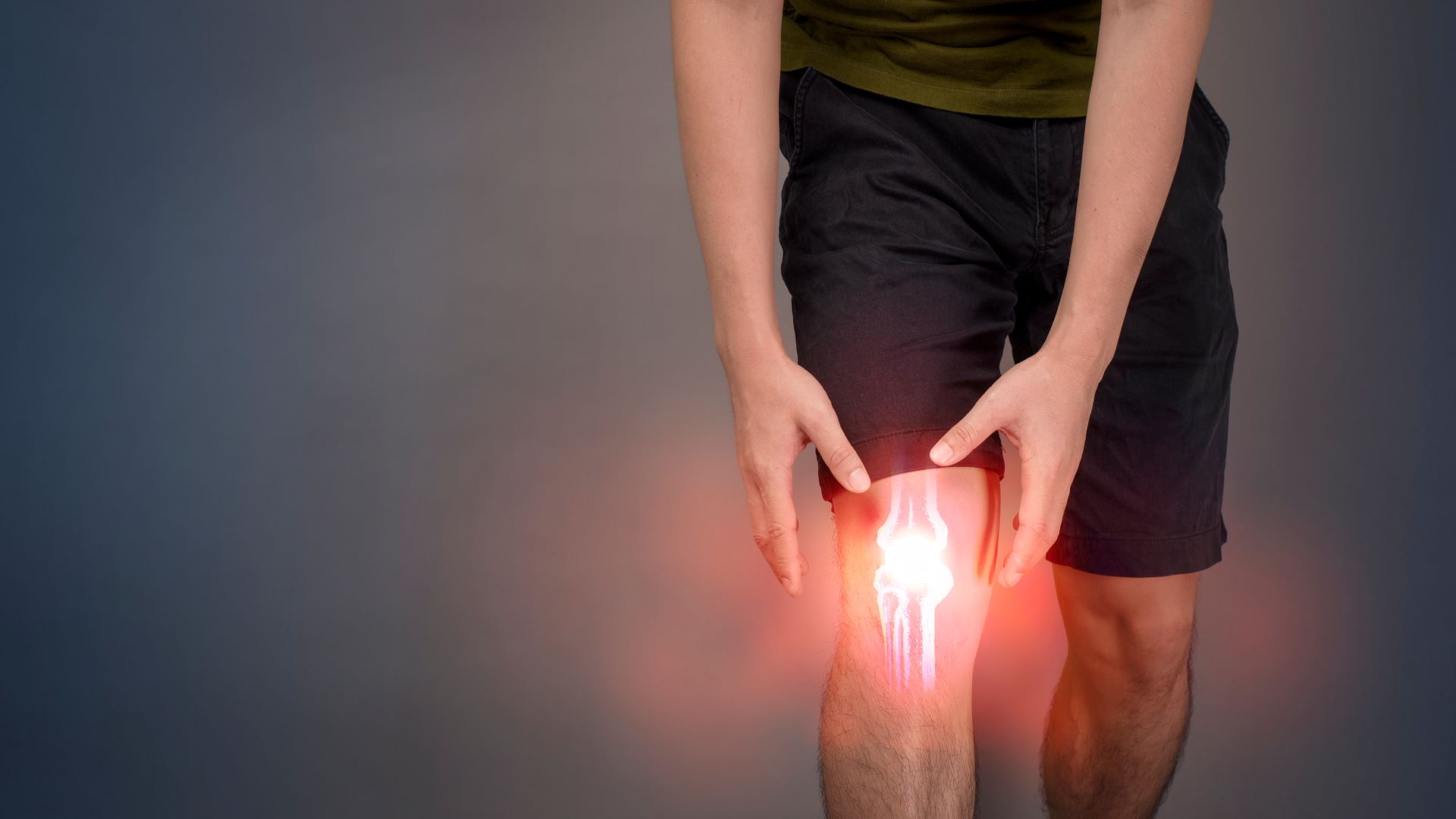How Technology is Revolutionizing Chronic Pain Management
Living with chronic pain is more than a physical challenge—it affects every aspect of daily life, from work and family time to sleep and emotional wellbeing. At Chronic Care of Richmond, we understand the importance of finding effective, compassionate solutions for pain management. Fortunately, the digital age has ushered in a wave of technological advancements that are transforming how chronic pain is managed, monitored, and understood.
Today, patients have greater access to care, personalized treatment options, and real-time information, all thanks to innovative tools and platforms. Let’s explore how technology is paving the way for a brighter, more manageable future for those living with chronic pain.
Telehealth
One of the most transformative developments in recent years is the growth of telehealth. Virtual appointments allow patients to connect with pain management specialists from the comfort of their own homes. This is a game-changer for individuals with mobility issues or those who live in rural areas, where access to specialized care can be limited. Telehealth usage increased to 79% in 2020, demonstrating how the pandemic accelerated the adoption of remote care solutions.
Telehealth doesn’t just save time—it fosters continuity of care. With more regular check-ins, patients can discuss symptoms, treatment responses, and any side effects in real-time. This immediate access to care enables providers to make timely adjustments to management plans, resulting in more effective and responsive pain relief strategies.
Wearable Devices
Wearable health technology is another innovation making a significant impact on chronic pain management. Devices such as smartwatches, fitness trackers, and specialized biosensors can continuously monitor key health metrics, including heart rate, sleep quality, physical activity, and even stress levels. For chronic pain patients, this means that both they and their healthcare providers have access to accurate, up-to-date information on how pain levels fluctuate throughout the day.
Some wearables are designed specifically for pain management, offering features like muscle activity tracking or transcutaneous electrical nerve stimulation (TENS) therapy. By collecting and analyzing these data points, providers at Chronic Care of Richmond can tailor treatment plans to each individual’s unique pain patterns and lifestyle.
The power of wearables goes beyond data collection. These tools empower patients to become active participants in their care. With instant feedback and trend analysis, individuals can identify pain triggers, monitor the effectiveness of interventions, and celebrate progress—all of which contribute to better management and improved quality of life.
Mobile Apps
Smartphones have become essential allies in the journey to manage chronic pain. There are now hundreds of apps designed to support pain tracking, medication reminders, guided relaxation, and mindfulness practices. For example, many pain-tracking apps allow users to log pain intensity, location, and contributing factors multiple times a day. This creates a detailed pain diary that can be shared with healthcare providers during appointments, leading to more accurate diagnoses and tailored treatment approaches.
Mindfulness and meditation apps have also proven beneficial for chronic pain. Regular mindfulness practice can reduce pain intensity and improve overall wellbeing. By combining these digital tools with professional guidance from our experienced team, patients can achieve more holistic pain management outcomes.
Artificial Intelligence
Artificial intelligence is rapidly changing the landscape of healthcare, including chronic pain management. AI-powered software can analyze vast amounts of patient data to identify patterns and predict pain flare-ups before they occur. This predictive capability enables clinicians to intervene proactively, adjusting treatment plans to prevent pain escalation.
AI is also being used to develop personalized treatment recommendations. By evaluating an individual’s health history, symptom patterns, and response to previous therapies, AI can suggest the most effective non-pharmacological interventions, such as physical therapy, dietary changes, or cognitive behavioral techniques. These data-driven recommendations help streamline care and improve patient outcomes, all while maintaining the human touch that is central to what we do at Chronic Care of Richmond.
Remote Patient Monitoring
Remote patient monitoring (RPM) bridges the gap between in-person visits and everyday life. Using connected devices, patients can share vital information—such as blood pressure, movement, or pain scores—directly with their healthcare team. This ongoing communication ensures that any changes in pain levels are addressed quickly and efficiently.
Patients participating in RPM programs reported higher satisfaction rates and improved pain control compared to those receiving traditional care alone. At Chronic Care of Richmond, we utilize RPM tools as part of our comprehensive, patient-centered approach, ensuring you always feel supported and understood.
Data Security
As healthcare becomes more digital, protecting patient information is a top priority. All telehealth sessions, wearable devices, and mobile apps used by Chronic Care of Richmond comply with HIPAA and other relevant privacy regulations. Our commitment to safeguarding your data means you can benefit from the latest technologies with confidence and peace of mind. For more information on our privacy practices, please visit our Patient Privacy Policy.
The Future of Pain Management Is Now
The intersection of technology and chronic pain management is opening new doors for patients and providers alike. With tools like telehealth, wearable devices, mobile apps, AI-driven care, and remote monitoring, individuals living with chronic pain are gaining greater control over their health journey. These advancements not only improve access and convenience but also foster more personalized, effective, and compassionate care.
At Chronic Care of Richmond, we are dedicated to staying at the forefront of these innovations, ensuring our patients receive the highest quality care available. If you’re ready to explore how technology can support your pain management goals, schedule a consultation with our team. Together, we can harness the power of technology to help you reclaim comfort, function, and joy in your daily life.




